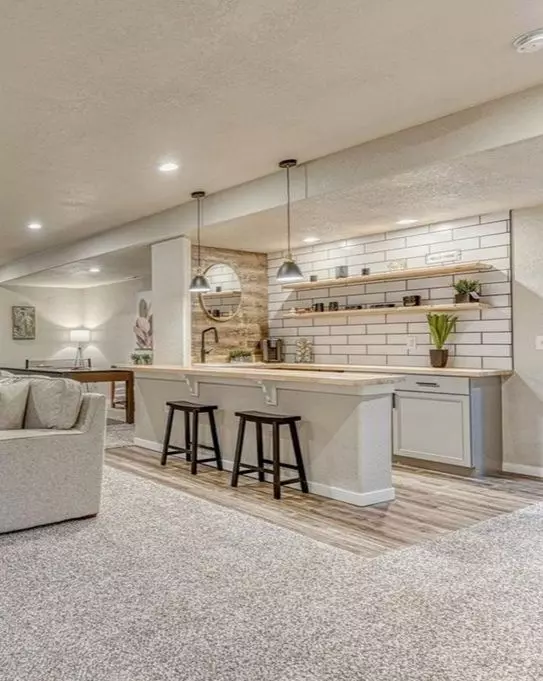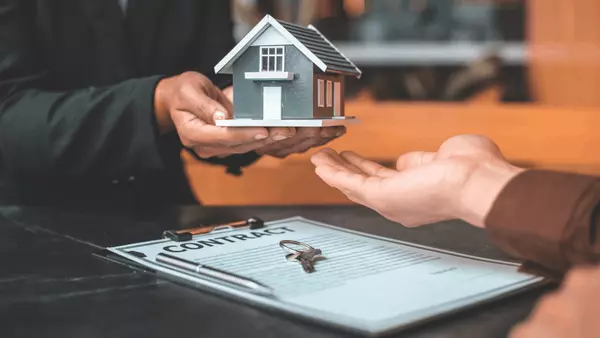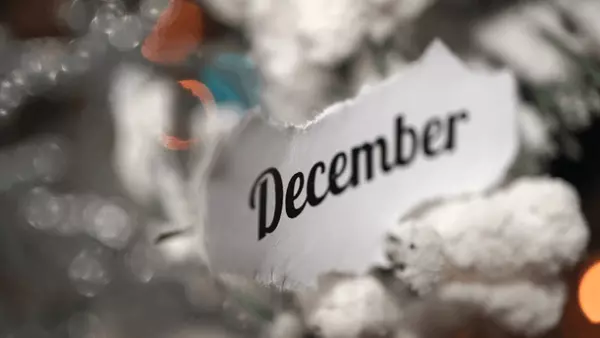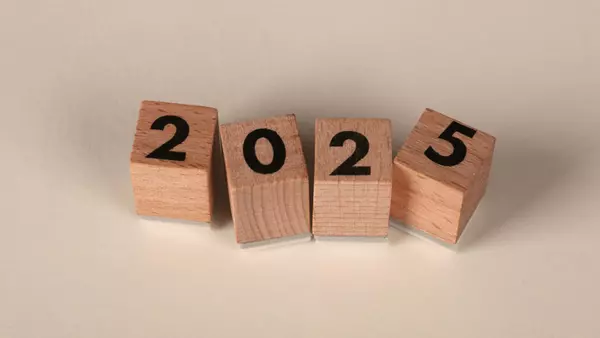12 Things You Should Never Store in the Basement

Your basement can be a convenient storage space, but not everything is suitable for long-term storage in this area of your home. To protect your belongings and maintain a healthy living environment, it's essential to be mindful of what you store in the basement. Here are 12 items you should never store in the basement:
-
Important Documents: Basements are prone to moisture and flooding, making them unsuitable for storing important documents like birth certificates, passports, and legal paperwork. Opt for a secure and dry location on an upper floor of your home instead.
-
Electronics: Moisture and humidity can damage electronic devices such as computers, TVs, and stereos. Store electronics in climate-controlled areas of your home to prevent corrosion and malfunctions.
-
Clothing and Linens: Mold and mildew thrive in damp environments, making the basement a poor choice for storing clothing and linens. Instead, store these items in a dry closet or dresser inside your home.
-
Wooden Furniture: Wood is susceptible to damage from moisture, which can cause warping, rotting, and mold growth. Avoid storing wooden furniture in the basement, especially if it lacks proper ventilation.
-
Family Heirlooms: Items with sentimental or monetary value, such as family heirlooms and antiques, should be stored in a climate-controlled environment to prevent damage from humidity and temperature fluctuations.
-
Food: Basements are prone to pests and fluctuations in temperature, making them unsuitable for storing perishable food items. Store canned goods and non-perishable items in a cool, dry pantry instead.
-
Photographs and Artwork: Moisture can cause photographs and artwork to warp, fade, or develop mold. Store these items in archival-quality containers or frames and keep them in a climate-controlled area of your home.
-
Chemicals and Paint: Flammable or hazardous chemicals, as well as paint and solvents, should be stored in a well-ventilated area away from heat sources and moisture to reduce the risk of fires or spills.
-
Mattresses and Upholstered Furniture: Moisture in the basement can lead to mold and mildew growth on mattresses and upholstered furniture, posing health risks to you and your family. Store these items in a dry, climate-controlled area.
-
Sensitive Instruments: Instruments such as pianos, guitars, and brass instruments can be damaged by fluctuations in temperature and humidity. Store them in a climate-controlled area or consider using a dehumidifier in the basement.
-
Family Pets: Basements are not suitable living spaces for pets due to the lack of natural light, ventilation, and space to roam. Keep pets in areas of your home where they can interact with family members and receive proper care.
-
Valuable Collectibles: Items like stamps, coins, and trading cards can be damaged by moisture, pests, and fluctuations in temperature. Store valuable collectibles in a secure, climate-controlled location inside your home.
By avoiding storing these items in your basement and opting for more suitable storage solutions, you can protect your belongings and maintain a safe and healthy living environment for you and your family.
➡ Follow me on my IG @themelaniegundersheim for more!
Categories
- All Blogs (288)
- All about Boston (49)
- Buyer Tips (134)
- December Home Maintenance and Safety Tips (1)
- FUN Facts (10)
- Home Décor Ideas (25)
- Home Improvements (1)
- Home Maintenance and Safety Tips (14)
- Infographics (10)
- Investing (77)
- Monday Motivation (6)
- Real Estate (82)
- Seller Tips (101)
- Storage and Organization (8)
- The Open Door Podcast (2)
- The truth about Real Estate (135)
- Tips (83)
Recent Posts











"My job is to find and attract mastery-based agents to the office, protect the culture, and make sure everyone is happy! "
